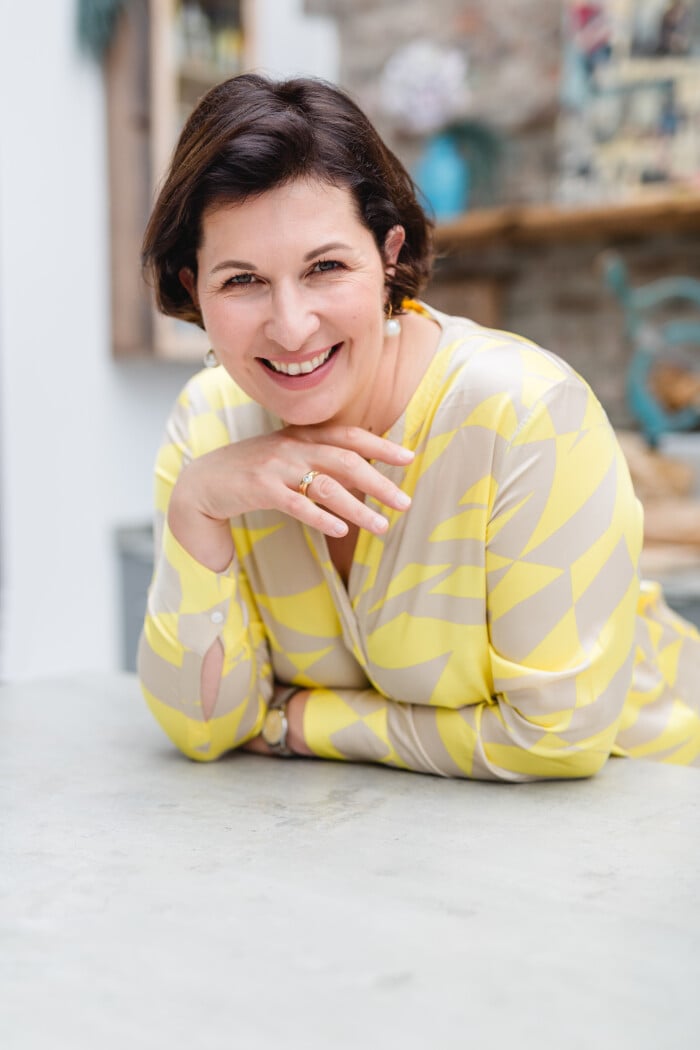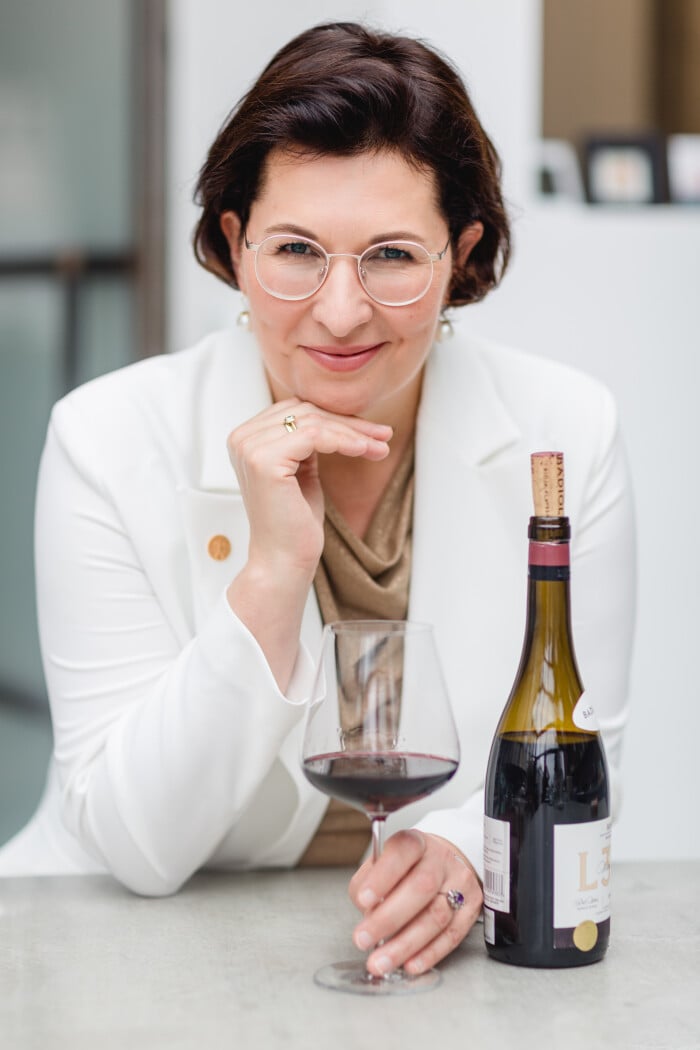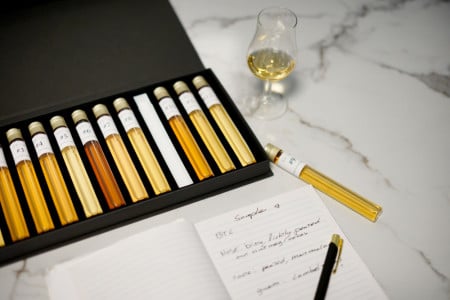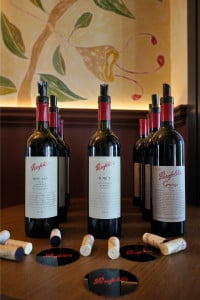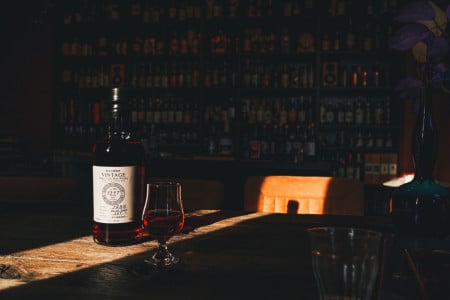Many wine experts undergo continuous professional development - but only a few dare to take the very complex path to becoming a Master of Wine. Why did you decide to take on one of the most difficult challenges in the wine world?
I was always a little envious of people who studied at international universities. My parents are not academics. When I could have gone to grammar school back then, they said: ‘You'll get married anyway and then you can turn the dumplings into water in Latin.’ - We are from Bavaria. That was just the way it was. With the Master of Wine, I was able to fulfil a dream.
As a sommelier, you would have had the opportunity to become a Master Sommelier, wouldn't you? Why didn't you choose this path?
I realised that I didn't want to stay in the catering industry in the long term. That's why the MW programme was more appealing to me, with a focus on viticulture, cellar technology and marketing.
In 2010, you were able to enrol in the Institute of Masters of Wine (IMW). How did this change your everyday life?
You suddenly feel the pressure. Every day you discover a new gap in your knowledge and the many blind tastings are very humbling. You think - wow - that's 100% Sancerre - and then it's a Chardonnay from I don't know where. Some days you taste better, others worse. You have to endure that first.
Was it difficult to switch directly from German to English?
That was very difficult. I only had basic English from secondary school. At the beginning, I was stuck with a dictionary and looked up every 3-4 words. Then came the course days in London with some slightly older English Masters of Wine. They spoke a kind of ‘Shakespearean English’ - as if Hamlet was about to come round the corner... But there were a few French people sitting next to me who looked just as stupid as I did - that gave me courage again.
What were the biggest challenges for you at the beginning?
Getting the information. It's self-study - you get a rough timetable, but you have to organise the rest yourself.
Theory or practice - what was more difficult for you?
The most difficult part was the research paper with statistics and so on. I had 0 experience there. That was the most difficult part for me. I passed everything else easily.


